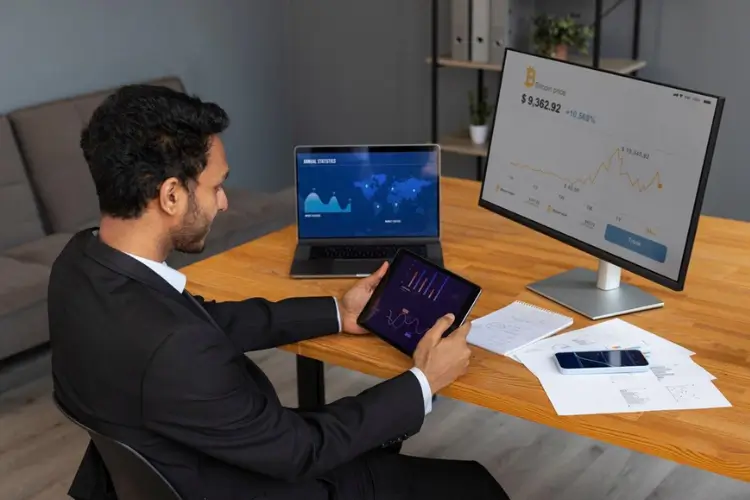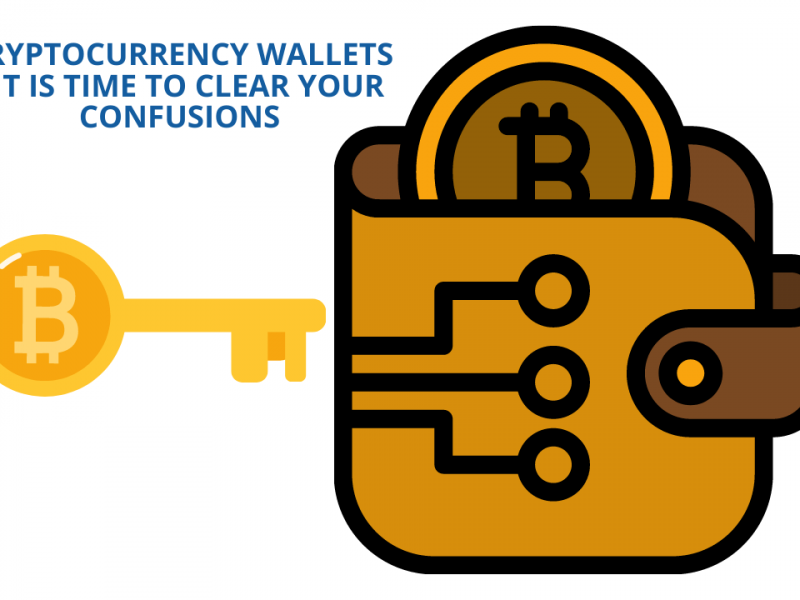Forex trading, which involves exchanging currencies in the global market, can be an exciting and potentially rewarding journey for anyone interested in investing. For newcomers, the whole process can seem a bit challenging, especially when it comes to picking the right broker. For beginners, knowing how to choose a forex broker can really make a big difference between succeeding or struggling in the market.
In this article, we’ll break down the essential factors you need to consider when selecting a forex broker and walk you through the steps.
What is Forex Trading?
Forex, or foreign exchange, is a massive market where currencies are traded globally. When people talk about forex trading, they’re usually speculating on how the prices of different currency pairs will change. For instance, if you’re looking at the EUR/USD pair, you’d be buying Euros while selling US Dollars. With daily trading volumes exceeding $6 trillion, forex is the largest financial market globally, creating plenty of opportunities for both long-term investors and those interested in quick trades.
The Role of a Forex Broker
A forex platform is basically software that connects traders to the forex market, allowing them to buy and sell currencies. But here’s the thing: A forex platform is just one piece of the puzzle when it comes to all the services a forex broker offers. Think of a forex broker as the middleman between you, the trader, and the forex market, providing you with the tools you need to make trades.
While a forex platform gives you the technical features to access the market, a forex broker supplies the platform, support, account management, and market access that are essential for successful trading. Choosing the right forex broker means guaranteeing that you have the best possible experience with your forex platform, complete with advanced features, competitive pricing, and a secure environment for trading.
Key Factors to Consider When Choosing a Forex Broker
1. Regulation and Licensing
When you’re picking a forex broker, one of the biggest things to think about is regulation. A regulated broker follows rules set by financial authorities in the areas where they operate. Some of these regulatory bodies are:
- Financial Conduct Authority (FCA) – UK
- Commodity Futures Trading Commission (CFTC) – USA
- Australian Securities and Investments Commission (ASIC) – Australia
- Cyprus Securities and Exchange Commission (CySEC) – Cyprus
Choosing a broker regulated by a reputable body ensures that your funds are protected and that the broker operates under strict guidelines designed to maintain fairness and transparency.
2. Trading Platform and Tools
The trading platform is the software you use to execute trades, track your portfolio, and analyze the markets. It’s important to choose a broker that offers a reliable, easy-to-use platform. Some popular platforms include:
- MetaTrader 4 (MT4)
- MetaTrader 5 (MT5)
- cTrader
Look for brokers that offer platforms with real-time data, charting tools, technical indicators, and order execution features. Some brokers also provide mobile apps, which can be convenient if you plan to trade on the go.
3. Fees and Spreads
Forex brokers typically make money through the spread (the difference between the buy and sell price) or through commission fees on trades. As a beginner, you should aim for brokers with low spreads and competitive fees. A wide space can eat into your profits, so opt for brokers that offer tight spreads, especially if you plan to trade frequently.
Also, keep in mind any hidden fees, such as withdrawal or deposit fees, account maintenance charges, or inactivity fees. Make sure you understand all the costs involved before opening an account.
4. Leverage and Margin
Leverage is a powerful tool that allows you to control a larger position with a smaller amount of capital. For example, a leverage of 100:1 means you can control $100,000 worth of currency with just $1,000. However, leverage can magnify both profits and losses, so it’s crucial to use it wisely.
As a beginner, it’s advisable to start with a low level of leverage and increase it only when you are comfortable with the risks. Ensure that the broker you choose offers leverage options that align with your trading style and risk tolerance.
5. Customer Support
Good customer support is essential when you’re new to forex trading. Problems or questions can arise at any time, and you need a broker who can provide timely assistance. Look for brokers that offer customer service through multiple channels, such as live chat, phone, and email.
It’s also helpful if the broker provides educational resources, such as video tutorials, webinars, or guides for beginners. Some brokers even offer demo accounts that allow you to practice trading without risking real money.
6. Account Types and Minimum Deposits
Most forex brokers offer a range of account types designed to suit different traders, from beginners to advanced. These accounts can vary in terms of features, minimum deposits, spreads, and leverage options. As a beginner, look for brokers with low minimum deposit requirements and basic account types that cater to new traders.
Many brokers offer demo accounts, which allow you to practice trading with virtual money. This is a great way to familiarize yourself with the platform and develop your skills before trading with real money.
7. Reputation and Reviews
Before committing to a broker, do your research. Look for reviews and feedback from other traders, particularly beginners. Check trusted review websites and forums, where you can find discussions on brokers’ reliability, customer service, and overall performance.
Pay attention to red flags such as brokers with a history of poor customer service, slow withdrawal times, or problematic trading platforms. A reputable broker should have a strong track record of customer satisfaction.
8. Risk Management Tools
One of the key aspects of successful forex trading is managing risk effectively. Forex trading can be highly volatile, and as a beginner, it’s essential to have strategies in place to protect your capital. Look for brokers that offer risk management tools, such as stop-loss orders, take-profit orders, and trailing stops.
Stop-loss orders
Allow you to set a predetermined price at which your position will automatically close to prevent further losses. This is particularly important in the fast-moving forex market, where prices can change quickly.
Take-profit orders
Allows you to lock in profits by automatically closing a trade once a certain price is reached.
Trailing stops
Adjust your stop-loss level as the price moves in your favor, helping you maximize profits while minimizing losses.
A broker that offers these risk management tools can help you trade more effectively and reduce emotional decision-making.
9. Market Research and Educational Resources
As a beginner, having access to solid market research and educational resources can make a big difference in your trading journey. A good broker will offer research tools, daily market analysis, and trading insights to help you understand the trends and movements within the forex market.
Look for brokers that provide:
- Market news updates – Stay informed with up-to-the-minute news that can impact currency prices.
- Technical analysis – Access to charts, technical indicators, and analysis can help you identify trading opportunities.
- Educational content – Look for brokers that offer tutorials, webinars, eBooks, and guides on trading strategies and market fundamentals. Some brokers even provide one-on-one coaching or mentorship to help you grow as a trader.
By choosing a broker that offers these resources, you can develop a better understanding of the forex market, improve your skills, and make more informed trading decisions.
FAQs
1. What should I look for in a forex broker as a beginner?
As a beginner, focus on regulation, low spreads, a user-friendly forex platform, risk management tools, and good customer support.
2. Is leverage safe for new traders?
Leverage can amplify both profits and losses. As a beginner, it’s best to start with low leverage to manage risk effectively.
3. Can I practice forex trading before using real money?
Yes, many brokers offer demo accounts where you can practice trading with virtual money to build your skills without risk.
Conclusion
Choosing the right forex broker is one of the most important decisions you’ll make as a beginner trader. By considering factors such as regulation, fees, trading platforms, leverage, and customer support, you can ensure that you partner with a broker that meets your needs and helps you navigate the complexities of the forex market.
Start with a demo account to get a feel for the broker’s platform and services. As you gain more experience, you’ll be able to fine-tune your strategies and make more informed decisions. Remember, successful forex trading involves continual learning, risk management, and finding the right tools that work for you.




